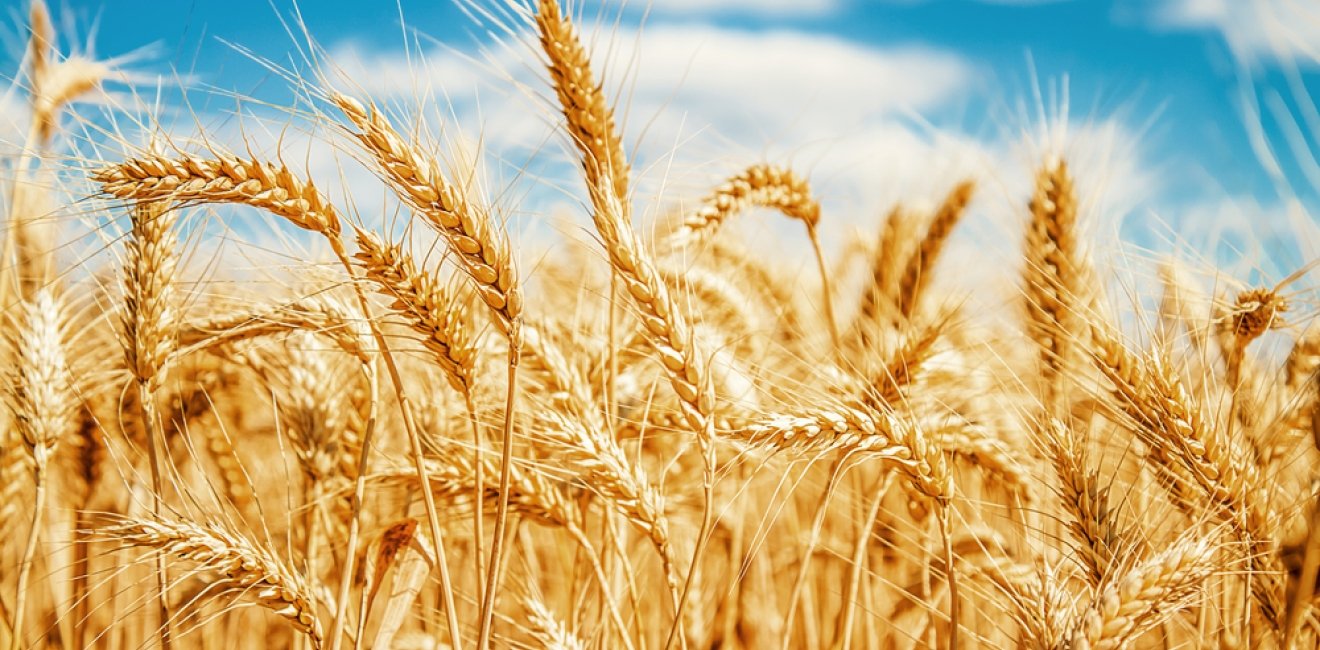
A blog of the Wilson Center

Forty percent of the World Food Program’s wheat supplies come from Ukraine.
According to Ukraine’s ministry for agriculture, due to the Russian war on that country, approximately 22 million tons of grain are stranded in Ukraine waiting export. The broad implications are clear. As the UN Food and Agriculture Organization notes, Ukraine supplies up to 16% of the world’s corn exports and more than 40% of the world’s sunflower oil. A recent BBC report noted that Egypt and Bangladesh each get about one-quarter of their wheat from Ukraine. Moldova, already suffering from Russian occupation and the war’s fallout, gets over 90% of its wheat from Ukraine.
What isn’t receiving enough attention is what stranded Ukrainian grain means for the world’s poorest and most vulnerable. The price of wheat in Africa is up by 45%, reports the African Development Bank.
In a recent UN Security Council debate, World Food Program Executive Director David Beasley stated, “Failure to open those ports… will be a declaration of war on global food security… And it will result in famine and destabilization and mass migration around the world.” While that may not be true in the most literal sense, it’s hard to argue with the emotional thrust of Beasley’s argument.
Because the World Food Program, honored in 2020 with the Nobel Peace Prize, gets so much of its grain supplies from Ukraine, those dependent on WFP’s food assistance are among the hardest hit anywhere. Last year’s Nobel Peace Prize winner reports that more than 275 million people worldwide “are on the brink of starvation”—a new and tragic record. It states that there are “44 million in 38 countries at the ‘emergency’ phase of food insecurity…one step away from a declaration of famine.” People in South Sudan, Yemen, Afghanistan, and elsewhere are at “serious risk” according to the UN agency.
The combination of rising food prices and supplies disruption has led Beasley to say, “In many countries we are forced to make the heart-breaking decision to take food from hungry children to give it to starving children.” In other words, Russia’s war on Ukraine has created many victims—in Ukraine, to be sure, but also thousands of miles away.
Author

Explore More in Stubborn Things
Browse Stubborn Things
Spying on Poachers

China and the Chocolate Factory

India: Economic Growth, Environmental Realities
